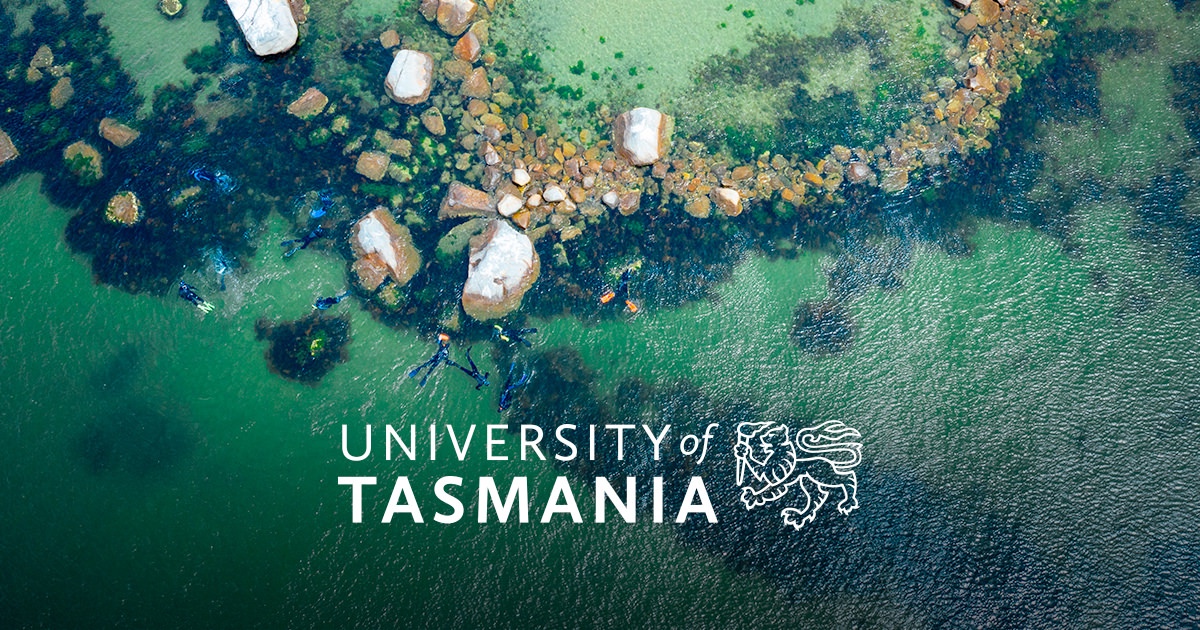A new study suggests sharks will need to adapt, move or die as climate change could soon render their nurseries uninhabitable.
Baby sharks rely on coastal nursery-like spaces such as shallow lagoons and mangroves for food as well as protection from predators. But they also need to be robust enough to cope with the challenging conditions these environments throw at them—conditions that may soon become unbearable in a warming world.
“In shallow coastal habitats, baby sharks already have to tolerate the strain of high temperatures,” said the study’s lead author Dr Ian Bouyoucos, from the ARC Centre of Excellence for Coral Reef Studies at James Cook University (Coral CoE at JCU).
“The temperatures can also fluctuate dramatically on a daily basis. It’s the constant change that makes these environments ‘extreme’.”
Dr Bouyoucos said nursery areas are important for sustaining the local shark populations by serving as ‘safe havens’ for newborns and juveniles to learn critical survival and foraging skills. But the impacts of climate change are increasingly becoming a problem for their survival.
“We don’t know if sharks can adapt and can continue to use these important habitats early in life, or whether they will be able to find new nurseries, or whether populations will die off,” he said.
Co-author Associate Professor Jodie Rummer, also from Coral CoE at JCU, says this is a case of adapt, move or die.
“Heatwaves due to climate change are becoming more frequent and severe, and lasting longer with climate change,” Dr Rummer said.
She said more work is needed to find current tolerance limits for newborn sharks to survive and thrive in shallow, warm nursery habitats.
“The temperature thresholds that limit their performance today can help us predict how future populations might fare as the waters continue to warm with climate change,” she said.
“But adaptation—changes in DNA over generations to accommodate new conditions—may not be possible. This is because sharks are slow to reach sexual maturity compared to most other fishes and do not reproduce as often or have as many babies. Therefore, not enough generations can go by fast enough to keep pace with the rate at which we—humans—are changing their habitats.”
Dr Rummer said there was a possibility newborn sharks could move to new nursery-like areas that are not as warm.
“Or, we might just see these shark populations disappear,” she said.
“This is a real risk. We know sharks are tolerating a lot already. The oceans, their habitats, are getting warmer, lower in oxygen, and lower in pH with climate change.”
As predators, sharks are essential for healthy ocean ecosystems. Without predators, whole ecosystems can collapse.
“We need to keep studying and protecting sharks,” Dr Bouyoucos said.
“Our sharks, ecosystems, and our futures all depend on us urgently cutting greenhouse gas emissions to curb climate change.”
PAPER
Bouyoucos I, Simpfendorfer C, Planes S, Schwieterman G, Weideli O, Rummer J. 2022. ‘Thermally insensitive physiological performance allows neonatal sharks to use coastal habitats as nursery areas’. Marine Ecology Progress Series. DOI: 10.3354/meps13941
IMAGES
A selection of images can be used for media stories with credit to the photographer as stated in the file name. Please note these are for single use with this story only, not for any other story. No archival permissions are granted.







